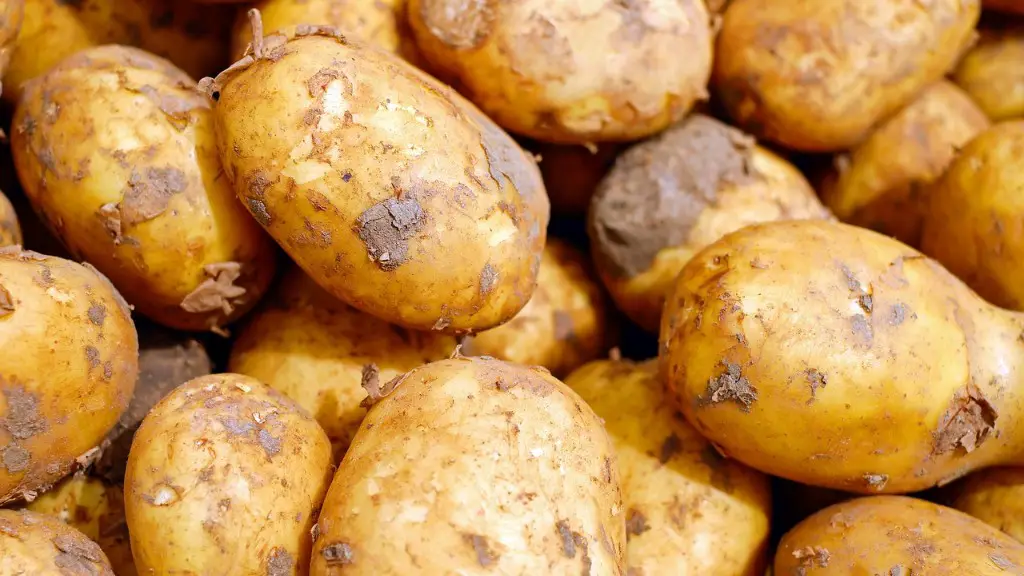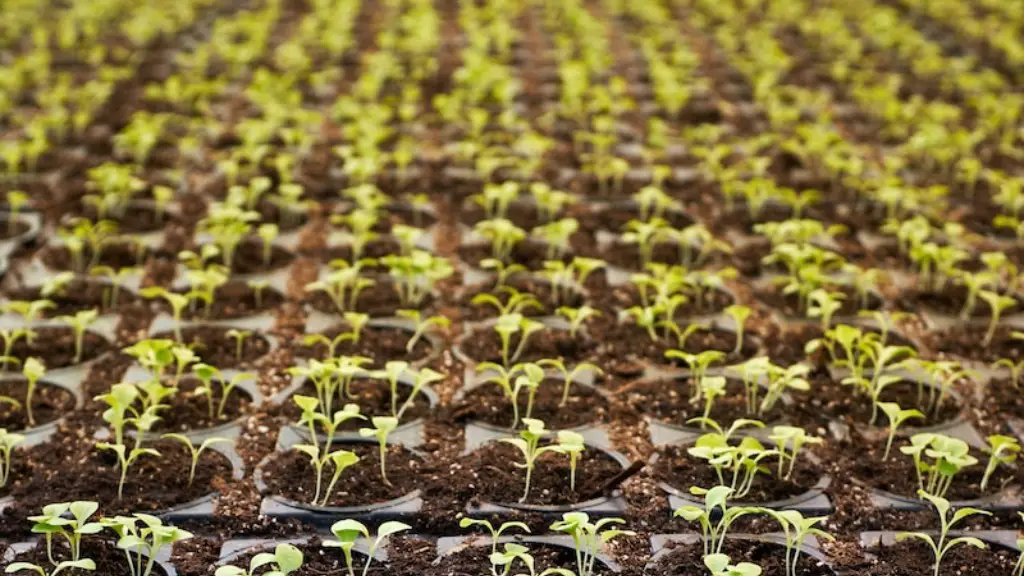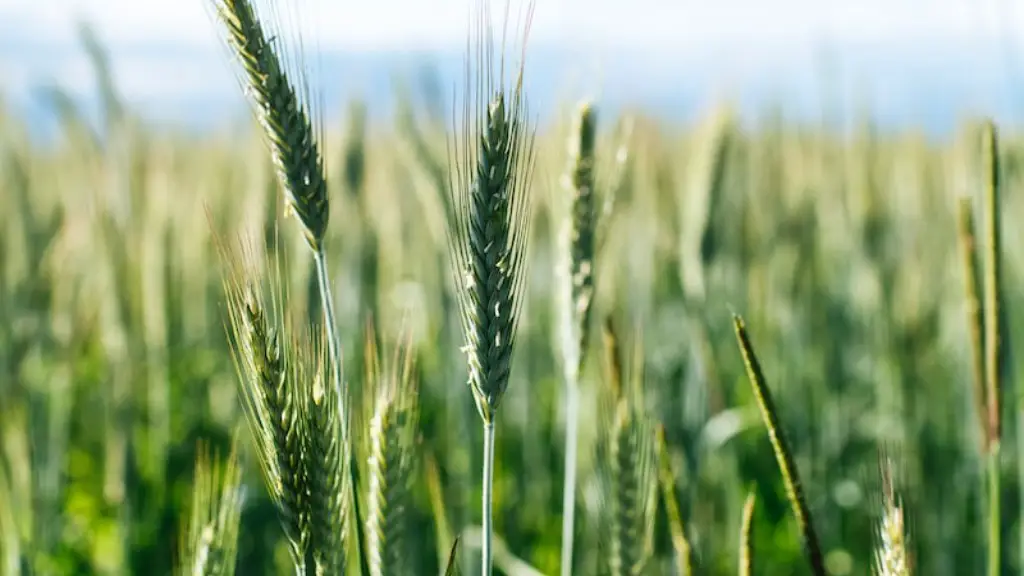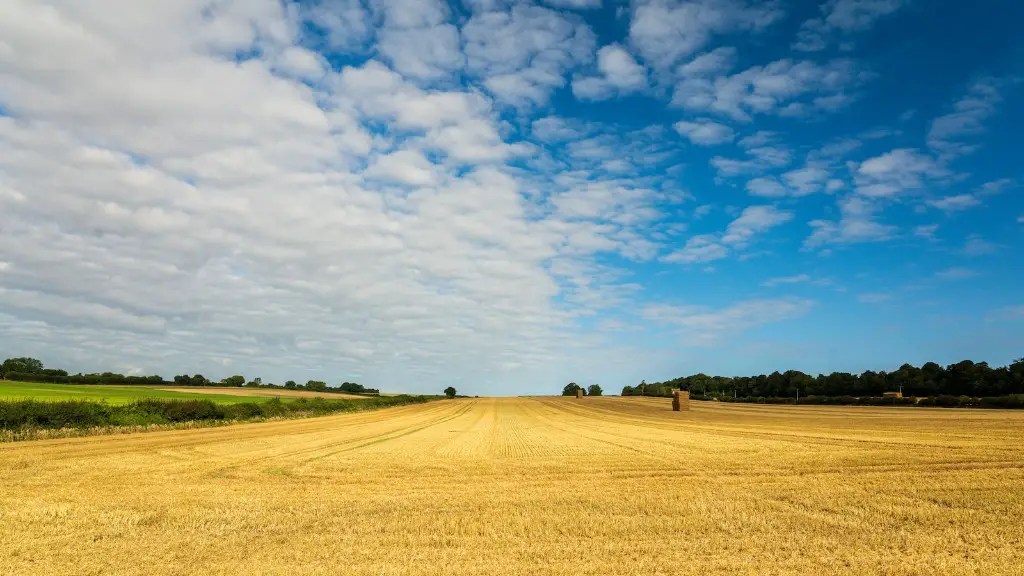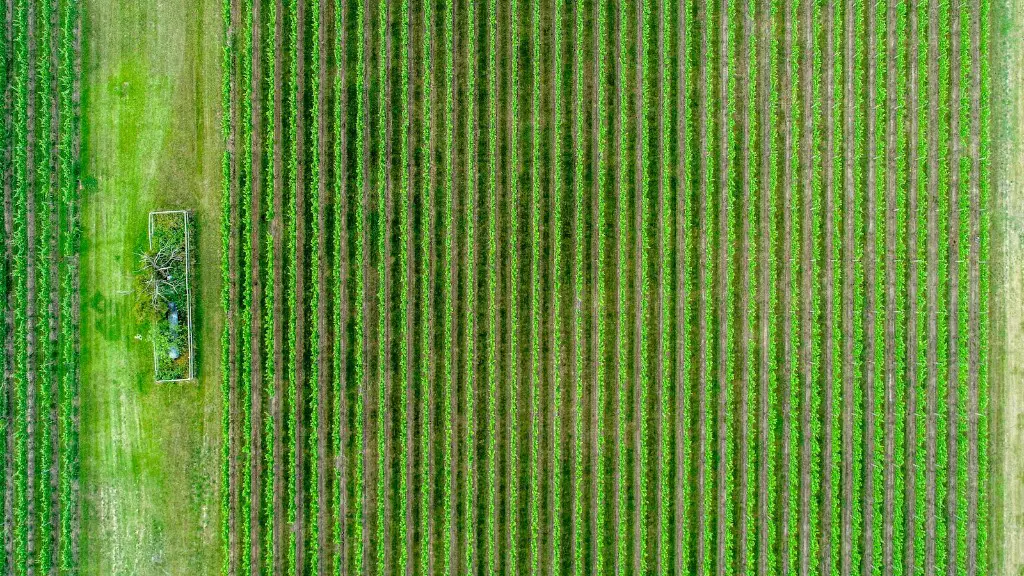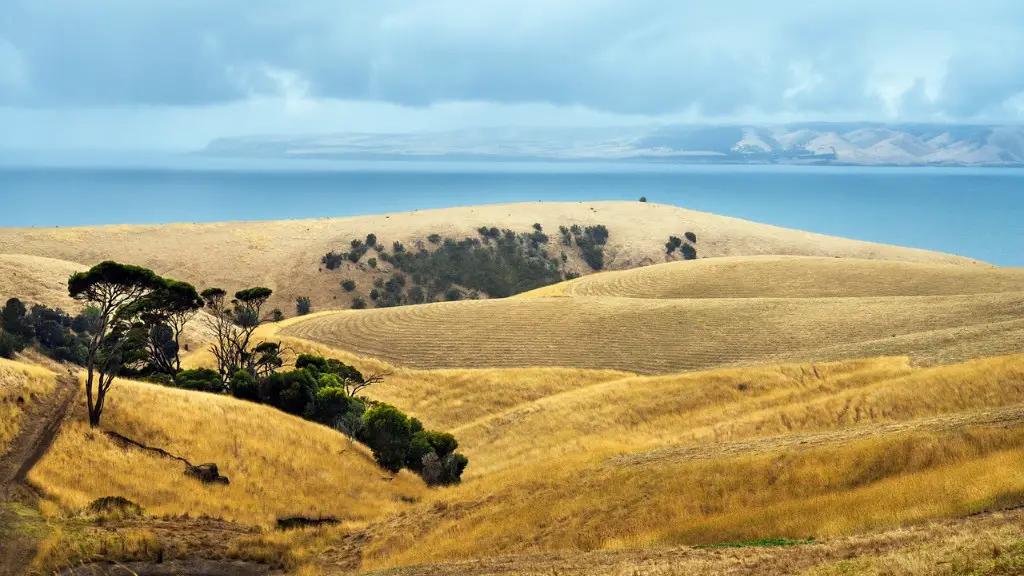AI technology has recently been adopted by the agricultural industry. Numerous agricultural tasks that have traditionally been done manually can now be conducted with the help of AI. This includes everything from crop monitoring to irrigation management and harvesting. AI can be used to automate the entire supply chain, from seed selection to sales. AI-assisted agricultural solutions enable farmers to make decisions more quickly and efficiently, with the help of data-driven insights.
One of the most significant benefits of AI technology in agriculture is its ability to increase productivity and efficiency. AI solutions can help farmers predict the perfect seeding season and make the most of the limited resources they have available. AI-enabled applications can also help farmers accurately assess the health of their crops in order to prevent any damages and maximize their yields.
AI can also be used to improve the harvest season by creating ideal environmental conditions for the crops. AI systems can also help to identify potential plant diseases, insects, and even weeds. AI solutions can even detect the need for insecticides or pesticides and when to apply them. By using AI, farmers can significantly reduce the time and cost of harvesting and enjoy better yields.
AI can also help in agri marketing. AI-powered analytics can help farmers to identify potential markets for crop sale and help them develop marketing strategies that can maximize the sale of their crops. AI solutions can also help farmers to make decisions about sale price based on current market trends. AI applications can also help in keeping track of sales data, which can help farmers optimize their farming operations in the future.
Finally, AI-based applications can be used to monitor livestock in order to ensure proper animal health and prevent disease. With AI, farmers can also quantify their animal’s performance and predict their breeding potential. This kind of data can be invaluable in the successful management of a livestock farm.
Precision Farming
AI is playing an increasingly important role in precision farming. Precision farming is a farming management technique which uses GPS, sensors and automation systems to reduce the usage of resources and increase the efficiency of crop production. In precision farming, AI-based algorithms can analyze soil data and help to adjust the environmental settings for better crop growth and maximum yields.
AI-based systems can detect subtle variations in the soil and provide information on the type of fertilizer which would be most suitable for a particular crop. AI technologies can also help to increase the accuracy of planting and harvesting operations and reduce the amount of labor required.
Furthermore, AI can assistance in water irrigation management. AI technology can monitor the environment and sensors can detect soil moisture in order to deliver precise amounts of water exactly where it needed, when it is needed. In other words, AI can provide precise information about the soil moisture to ensure that only the necessary amount of water is used for irrigation.
Finally, AI can also be used to detect any diseases in the crops early on, before the damage is done. AI-based systems can scan the plant leaves and detect any diseases which could affect the crop yield. By detecting any diseases early on, farmers can take measures to prevent them from damaging the crop.
Reducing Cost and Labour
AI can play an important role in reducing labour costs in agricultural operations. AI-based applications can automate many of the tasks which traditionally involved manual labour. Automation has the potential to dramatically reduce the cost of labour and increase overall efficiency.
AI-assisted technology can also be used by farmers to detect weeds, pests and other abnormalities, allowing farmers to prevent any damage to their crops. In addition, AI systems can be used to predict the weather and recommend the most suitable times for planting, irrigation and harvesting.
AI can also help to reduce the environmental impact of agriculture. By using AI for crop rotation, farmers can ensure optimal use of the land without over-planting or over-utilizing their resources. AI-powered systems can also monitor water consumption and prevent water wastage.
AI-enabled robots and drones can further reduce the labour and cost in agricultural operations. Robots can detect problem areas and effectively deliver fertilizer, insecticides and water at the right time, eliminating the need for manual labour. Drones can also collect data regarding the overall condition of the crops and provide farmers with an overall view of their farm.
Crop Insurances and Protests
AI can also be used to provide farmers with crop insurance and protection against financial losses due to changing weather conditions. AI-based applications can analyze data collected from various sources to predict yield outcomes under different weather conditions, thus providing farmers with some protection against the damaging effects of unexpected weather events.
AI can also provide farmers with the information they need to make informed decisions while applying for crop insurance and protection. AI systems can collect data, such as soil type and other environmental factors, which can be used to determine the insurance rate for a particular crop.
In addition, AI applications can help farmers to generate crop forecasts and accurately monitor the current state of the crop. AI systems can use satellite imagery, aerial imagery, hyper-spectral imaging, and other data sources to generate accurate crop forecasts and assist farmers in making informed decisions.
Furthermore, AI can also help to identify the potential risk of damage for a particular crop using data such as temperature, rainfall, and soil quality. AI systems can also provide farmers with the information and guidance they need to apply for crop protection, such as crop insurance.
AI-Powered Farming Management Solution
AI-powered farming management software can help farmers remain up-to-date with their agricultural operations. AI-based applications can be used to track and analyze data, such as soil conditions, weather forecasts, crop yields, and other data, in order to make correct decisions and maximize productivity.
AI systems can also provide farmers with the information they need to make decisions regarding the best seed varieties, the right time to plant, the right water level and other agricultural aspects. AI-driven software can also help farmers to manage their inventory and access real-time information about the market prices for their crops.
In addition, AI-based systems can be used to monitor the health of the livestock, crops, and other farm animals. AI-assisted systems can collect data from sensors and provide farmers with real-time information about the condition of their livestock and crops.
Furthermore, AI-assisted solutions can be used to make timely decisions about the sales of their products. AI applications can provide sales data about market prices for their agricultural products, helping farmers determine the right time to sell, and to which market.
Conclusion
AI continues to be a powerful tool when it comes to both improving crop production and helping farmers remain profitable. AI-assisted agricultural solutions can help farmers make decisions more quickly and efficiently, and help them reduce the time and cost of harvesting. In addition, AI can also provide farmers with data-driven insights, helping them identify potential markets for crop sale, monitor their livestock, and make informed decisions about crop insurance and protection.
